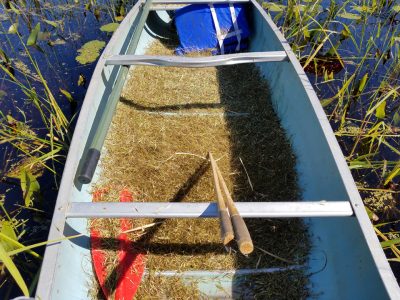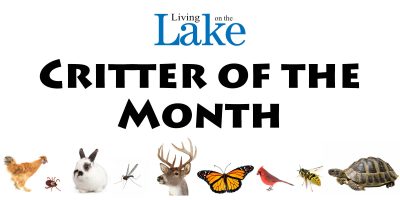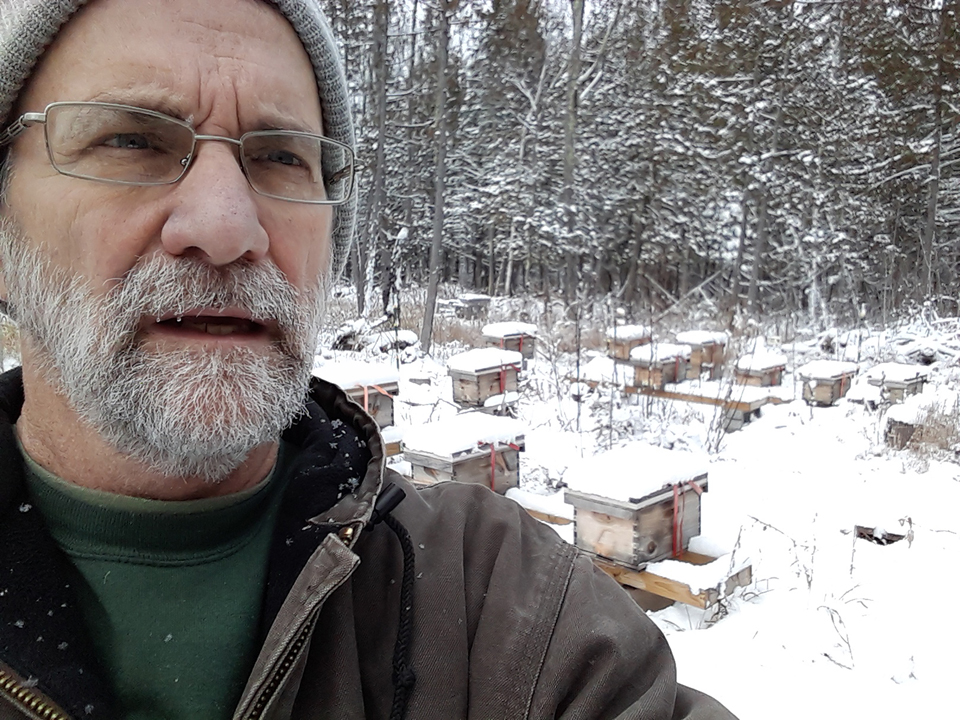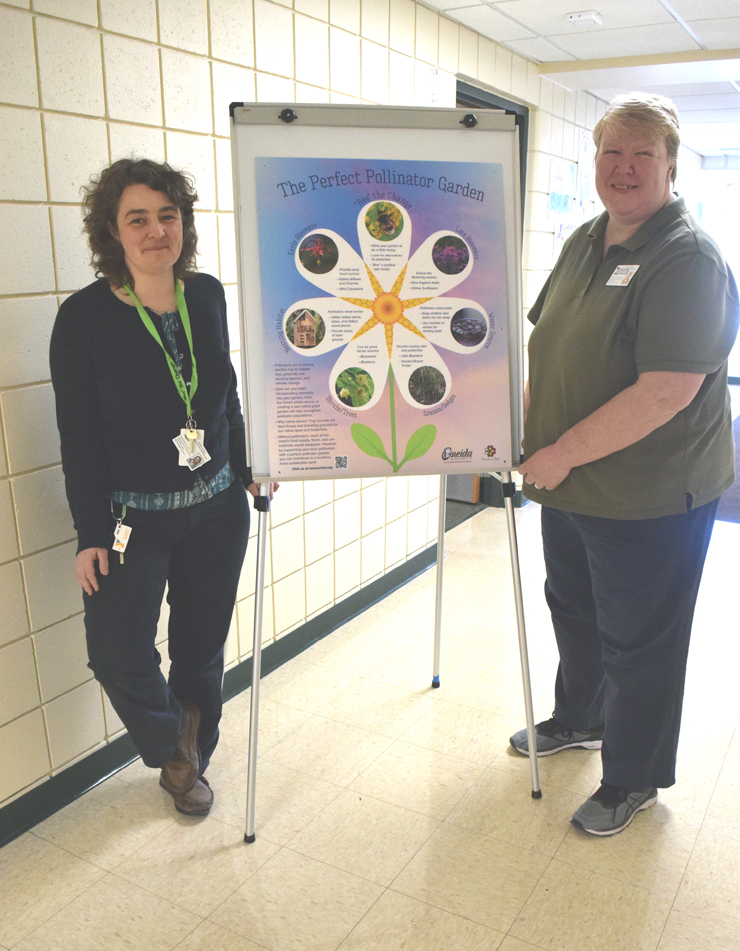Living On The Lake
-
Wild rice project sows seeds for university, tribal collaboration
By Tom Ziemer, UW-Madison The Ojibwe people tell of a prophecy that spurred their journey from the Atlantic coast of North America to the ... -
Crandon man returns wooden boats to their original glory
Story and photos by Lori Adler It was the late 1980’s when Steve Bunda of Crandon first became interested in wooden boats and their ... -
Critter of the Month: Spring Peeper
The spring peeper is a small tree frog known for its chirp-like call heard on warm spring and early summer nights. Hundreds of adult ... -
‘Living on the Lake’ Calendar of Events (July-August 2019)
JULY 27-Aug. 4 – International Monarch Monitoring Blitz. Event to create a snapshot of monarch reproduction. https://monarchlab.org. 30 – Waaswaaganing Indian Bowl Pow Wow, ... -
Trees for Tomorrow history dates back to the 1940’s
By Lori Adler Trees for Tomorrow has humble beginnings. The organization in Eagle River is now known for its education efforts in natural resources ... -
Trees for Tomorrow hosts the Wisconsin Master Naturalist program: a lifelong adventure
Story and photos by Lori Adler Educator, steward, citizen scientist, and student of natural history are all roles of a naturalist. Recently, people of ... -
Backyard beekeepers want to be part of the solution
By Lori C. Adler Beekeeping has always been a popular hobby, but a recent surge in backyard beekeepers suggests something more: a need to ... -
Pollinator-friendly plants are incorporated into area lakeshore restoration project
By Lori C. Adler Photos by Dan Butkus “I want a view of the lake.” This is what Dan Butkus remembers his dad saying ... -
Critter of the Month: Bumble Bees
Photos by Nicole Shutt (USDA Forest Service) Bumble bees are best known for their large fuzzy bodies and the loud buzzing sound they make ... -
The “Perfect Storm” leads to pollinator decline: Wisconsin makes pollinator protection a priority
Story and photo By Lori C. Adler Pollinators are a vital part of our ecosystem. More than 85% of all flowering plants require help ...









